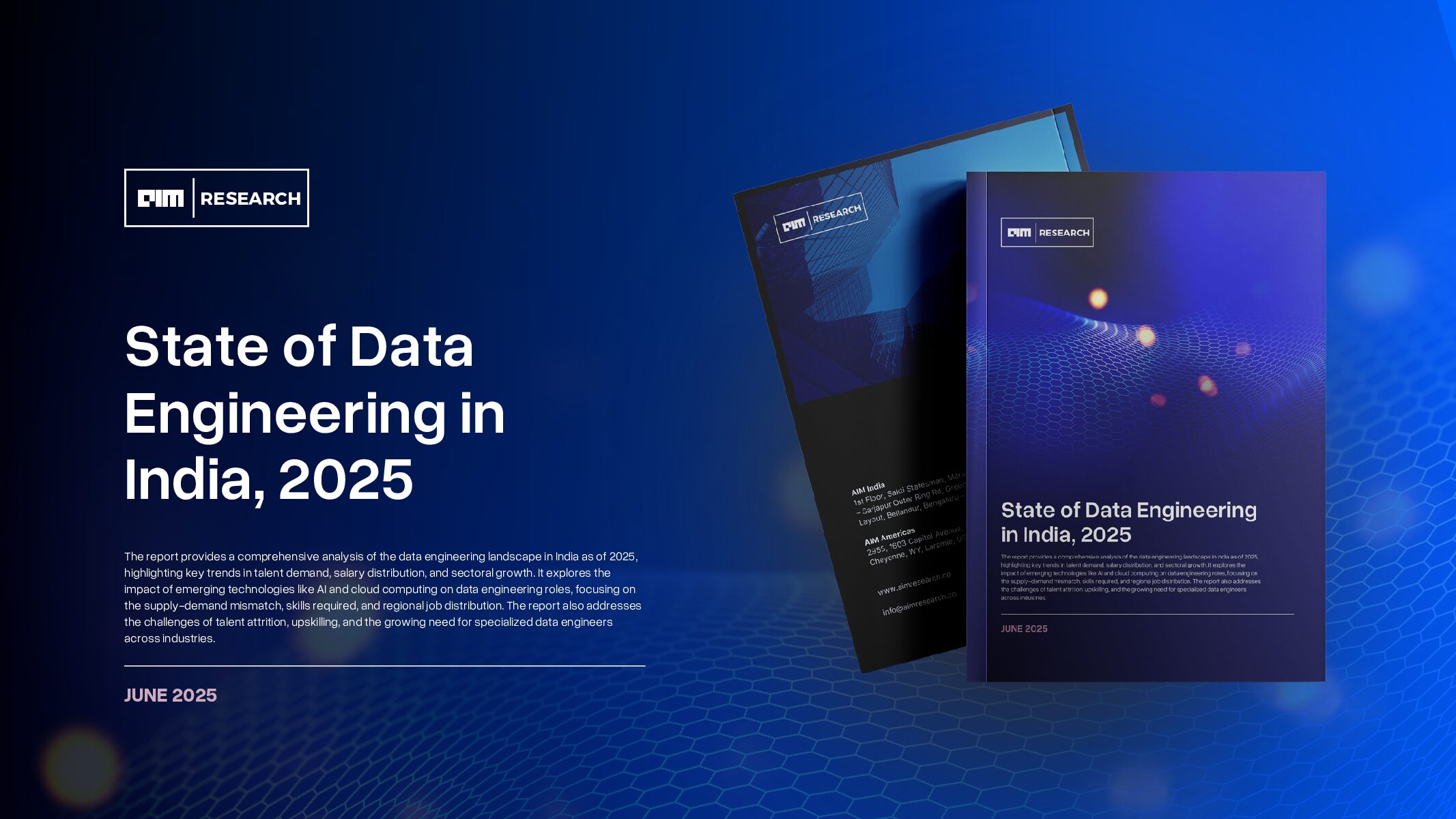This week we have with us Rachael Chudoba, a seasoned Senior Strategist at Performance Art, a dynamic and data-driven creative technology agency nestled within Interpublic Group. Her forte lies in collaborating with Fortune 500 companies, leading them on journeys to unlock transformative digital experiences that resonate with today’s tech-savvy audiences.
In the academic realm, Rachael’s pursuits in Digital Humanities have ignited her passion for exploring the crossroads where literature, history, and philosophy converge with the world of computational tools, methods, and digital landscapes. In her upcoming discussion, she will shed light on the pivotal role that Humanities Scholars must play in shaping AI conversations, adding a unique and essential perspective to the discourse.
AIM: Considering the intersection of technology and society, it’s increasingly evident that AI’s influence extends beyond the technical realm. How have you observed the role of humanities scholars becoming pivotal in shaping AI discussions and advancements?
Rachael: In the past, AI was like a secret, hidden force that technology enthusiast talked about among themselves. With recent advancements and the explosion of consumer-facing generative AI tools, the conversations about AI have expanded. Now people from all walks of life are participating in debates about AI’s role in society. Through the study of inter-disciplinary values, humanities scholars have the unique ability to understand multiple perspectives, spot the commonalties among them, and identify ways forward. The ability to quickly identify ways forward through the complex debates that surround AI is critical for its successful implementation.
AIM: AI is often seen as a domain dominated by technical expertise. How can humanities scholars contribute unique perspectives that are currently lacking in AI development?
Rachael: To truly understand AI, we must understand the humans who built it. Among humanities scholars, most of us having a deep passion for understanding human behavior. The technical fields teach in absolutes, predictability, and control. But with advanced AI that mimics human thinking, we have introduced an aspect of human behavior that technical fields may not be as comfortable with: unpredictability. Humanities scholars contribute unique perspectives on how to not only navigate, but thrive, in unpredictable circumstances.
AIM: When developing AI applications that involve human behaviors and emotions, how can insights from the humanities help ensure that these applications are both effective and respectful of individual and cultural differences?
Rachael: This is such a great question, and one that deserves all our attention. It’s critical that companies, governments, and individuals alike contribute to a shared code of ethics that clarifies how we envision AI’s role in society. Debate has long been a cornerstone to how humans share opinions and ideas. Humanities scholars study the debates of the past and can apply the principles of healthy debate to AI conversations taking place today. Humanites scholars consider questions like: How can we have a more well-rounded view of AI’s role in society? What voices are missing from this conversation? What has occurred in the past when new technologies were introduced to populations, and what are the insights we can apply to AI’s expansion? What aspects of human need has driven us to produce the technology we have today, and what will this need drive us to create in the future? This exercise in reflection is critical for effective and respectful AI.
AIM: AI systems often interact with users in ways that mimic human communication. How can insights from linguistics, philosophy, and psychology contribute to improving the naturalness and ethics of these interactions?
Rachael: Naturalness – Insights from these fields provide AI systems with a better understanding of semantics and sentiments. If an AI system is expected to mimic natural human conversation, it must understand the nuances, sarcasms and implied meanings used in everyday language. Knowing the principles of language and literature, in both digital and non-digital spaces, helps shape this understanding. Psychology helps us understand human behavior, emotion, and sub-conscious drivers. To make AI systems more seamless, and to build systems humans actually want to use, an understanding of psychology is critical.
Ethics- To me, transparency in AI is the most important area of focus. People often have very little understanding of AI’s influence on their everyday life, and advancements move so quickly that it’s nearly impossible for those outside the industry to keep up. AI systems need more dynamic approaches to transparency and must prioritize the informed consent of every user. Users often don’t understand the permissions they give to platforms that use AI, nor how to contextualize the information produced by them. This is where the communication, human behavior and empathetic skills of humanities scholars is especially valuable. Humanities scholars can provide valuable insight on how to make AI transparency efforts more effective.
AIM: In an increasingly automated world, what are the humanistic values that should be upheld, and how can these values be integrated into AI development?
Rachael: Creativity & Big Picture Thinking – In AI development, don’t be afraid of ambiguity. Technology often feels black and white. But when you operate in the grey, you can remain flexibly and adaptive, two things that are vital in as AI advances at a rapid pace.
Anticipate Human Failure – Humanities scholars study fallacy, faulty reasoning that leads to a mistaken belief. In AI development, we must anticipate failure to develop systems and processes that help us move past it. By understanding common human fallacies, AI developers can anticipate potential biases, misconceptions, or flaws in their designs.
Understanding Unique Perspectives – In an increasingly automated world, it’s easy to fall into a tunnel-vision approach to life. Algorithms keep users in a bubble of their own interests, and they can join countless communities that cater to their unique view of life. The study of humanities forces you to consider perspectives you may not be comfortable with, particularly in subjects like history and religion. I believe it’s important to be uncomfortable every once in a while, and I see the value in challenging my own understanding of something.
AIM: Looking ahead, how do you envision a future where AI development is shaped by interdisciplinary collaboration between technology and humanities?
Rachael: AI is advancing the world in completely new ways, so humans must collaborate in completely new ways. We’ve built technologies that have shown us the power of incorporating various inputs, now we must learn from them. Collaboration between technology and humanities leads to more holistic AI systems that are aligned to societal values, respect diversity, and build towards a future of human flourishing.
























